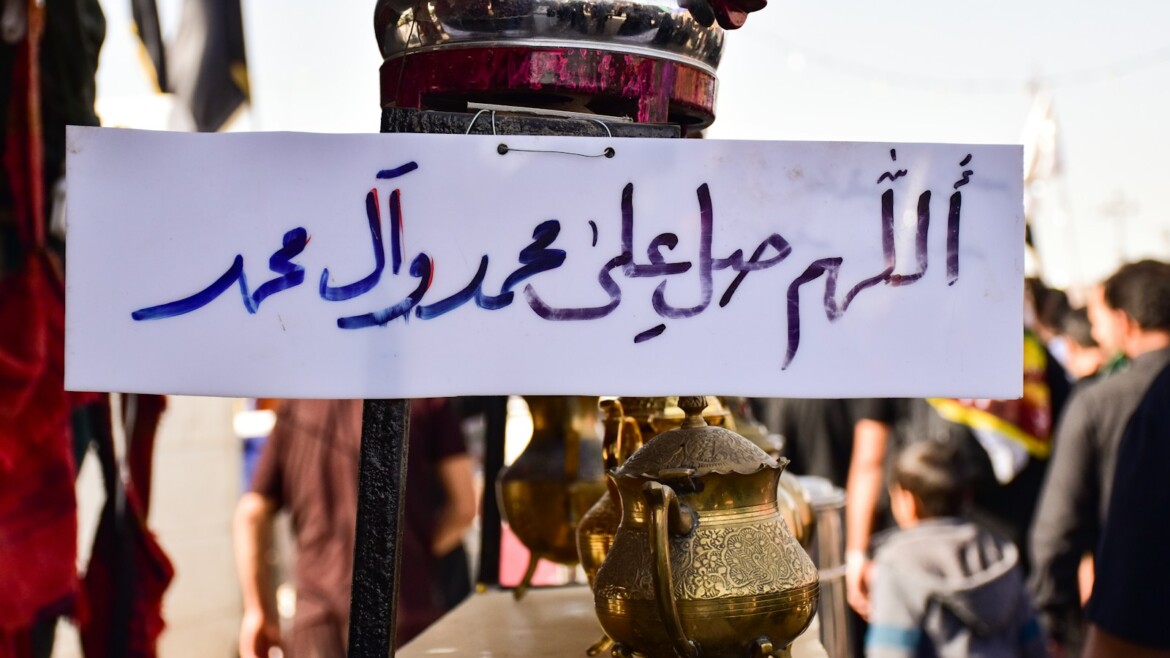Key Events and Important Dates in Shia Islam
Shia Muslims observe several important events and dates that are pivotal to their religious calendar and spiritual life. These events commemorate significant moments in Islamic history, particularly those related to the Ahl al-Bayt (the family of Prophet Muhammad). Below are some of the most important events and dates for Shia Muslims:
Muharram and Ashura
1. Muharram
- Significance: The first month of the Islamic lunar calendar.
- Importance: Marks the beginning of the Islamic New Year. For Shia Muslims, Muharram is a period of mourning to commemorate the martyrdom of Imam Hussain, the grandson of Prophet Muhammad, and his followers at the Battle of Karbala in 680 CE.
2. Ashura (10th of Muharram)
- Significance: The tenth day of Muharram.
- Importance: The day Imam Hussain was martyred at Karbala. Shia Muslims observe this day with mourning rituals, processions, and reenactments of the Battle of Karbala. It is a time for reflection on the values of justice, sacrifice, and resistance against tyranny.
Arbaeen
3. Arbaeen (20th of Safar)
- Significance: The 40th day after Ashura.
- Importance: Marks the end of the 40-day mourning period for Imam Hussain. Millions of Shia Muslims participate in the Arbaeen pilgrimage to Karbala, Iraq, walking long distances to pay homage to Imam Hussain’s shrine.
Birthdays and Death Anniversaries of the Imams
4. Birthday of Imam Ali (13th of Rajab)
- Significance: Celebrates the birth of Imam Ali, the first Imam of Shia Islam and cousin and son-in-law of Prophet Muhammad.
- Importance: Imam Ali is revered for his knowledge, justice, and devotion. His birthday is a day of celebration, where sermons and gatherings highlight his contributions to Islam.
5. Death Anniversary of Imam Ali (21st of Ramadan)
- Significance: Marks the martyrdom of Imam Ali.
- Importance: Shia Muslims remember Imam Ali’s assassination and his contributions to Islam with mourning rituals and special prayers.
6. Birthday of Imam Hussain (3rd of Sha’ban)
- Significance: Celebrates the birth of Imam Hussain.
- Importance: His birthday is marked with festivities and reflections on his life and sacrifice at Karbala.
7. Birthday of Imam Mahdi (15th of Sha’ban)
- Significance: Celebrates the birth of the 12th and final Imam, Imam Mahdi, who is believed to be in occultation and will return as the savior of humanity.
- Importance: This day is celebrated with joy and prayers for his return.
Laylat al-Qadr
8. Laylat al-Qadr (Night of Decree)
- Significance: Occurs during the last ten nights of Ramadan, with the 19th, 21st, and 23rd nights being especially significant for Shia Muslims.
- Importance: Commemorates the night when the Quran was revealed to Prophet Muhammad. It is a night of prayer, reflection, and seeking forgiveness.
Eid al-Fitr and Eid al-Adha
9. Eid al-Fitr (1st of Shawwal)
- Significance: Celebrates the end of Ramadan.
- Importance: A day of joy and gratitude for the successful completion of a month of fasting. Shia Muslims perform the Eid prayer, give charity (Zakat al-Fitr), and enjoy festive meals with family and friends.
10. Eid al-Adha (10th of Dhu al-Hijjah)
- Significance: Commemorates the willingness of Prophet Ibrahim (Abraham) to sacrifice his son Ismail (Ishmael) in obedience to Allah.
- Importance: Marked by the sacrificial slaughter of an animal, special prayers, and acts of charity. It coincides with the Hajj pilgrimage.
Ghadir Khumm
11. Eid al-Ghadir (18th of Dhu al-Hijjah)
- Significance: Commemorates the event of Ghadir Khumm where Prophet Muhammad is believed to have declared Imam Ali as his successor.
- Importance: A day of celebration and recognition of Imam Ali’s leadership. Shia Muslims hold gatherings, recite prayers, and listen to sermons emphasizing the significance of the event.
Conclusion
These events and dates hold immense spiritual and cultural significance for Shia Muslims, providing them with opportunities to reflect on their faith, commemorate the sacrifices of the Ahl al-Bayt, and reinforce their religious and communal bonds. Observing these occasions helps Shia Muslims maintain a strong connection to their history, traditions, and the core values of justice, sacrifice, and devotion.

